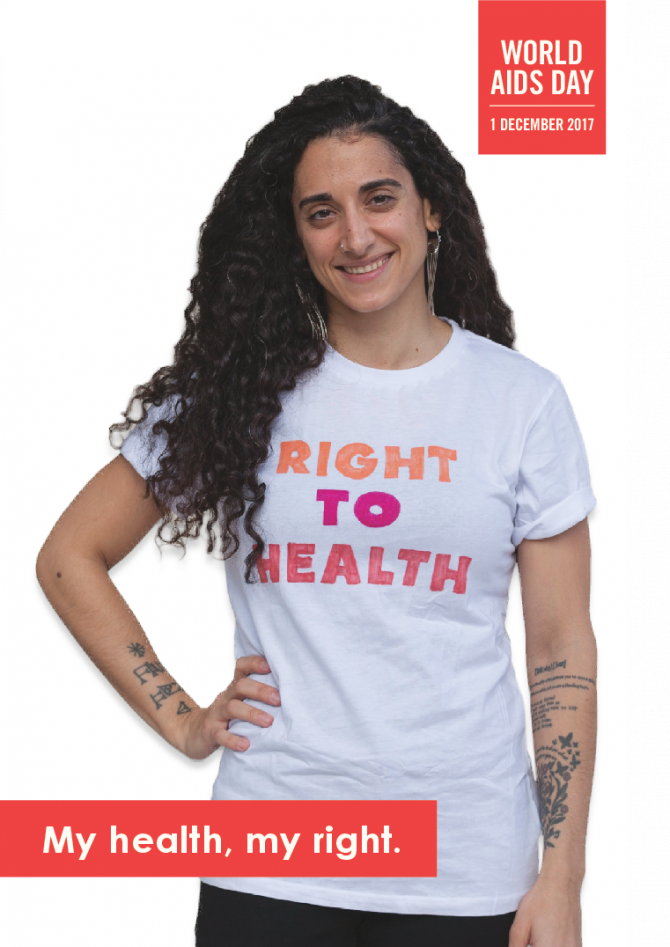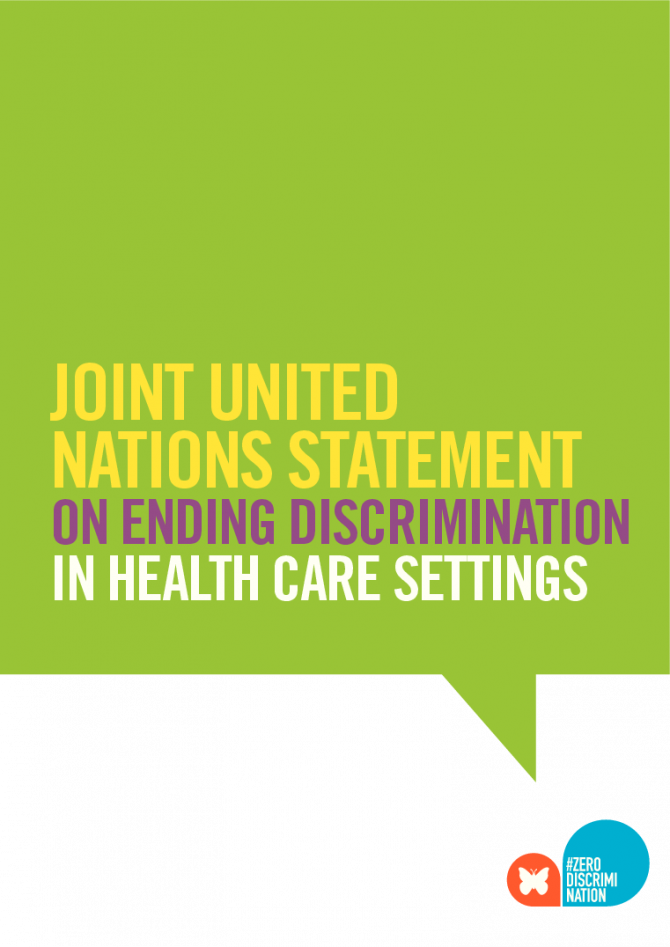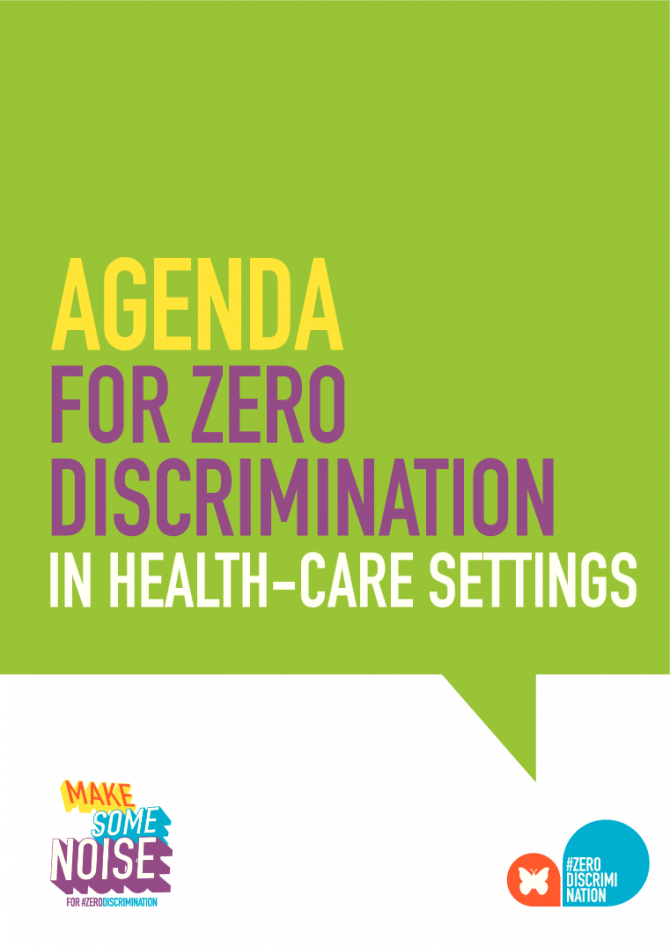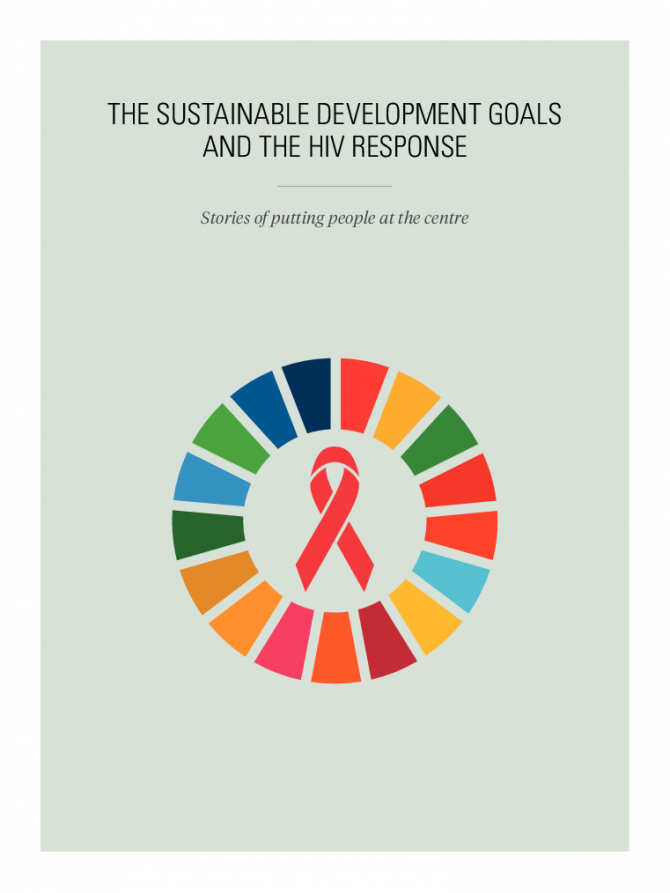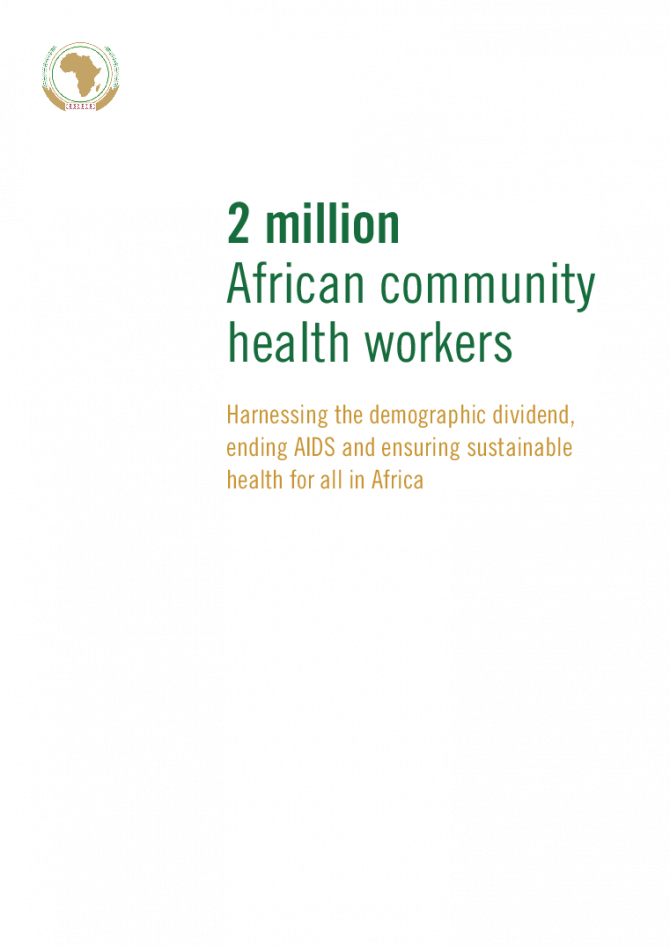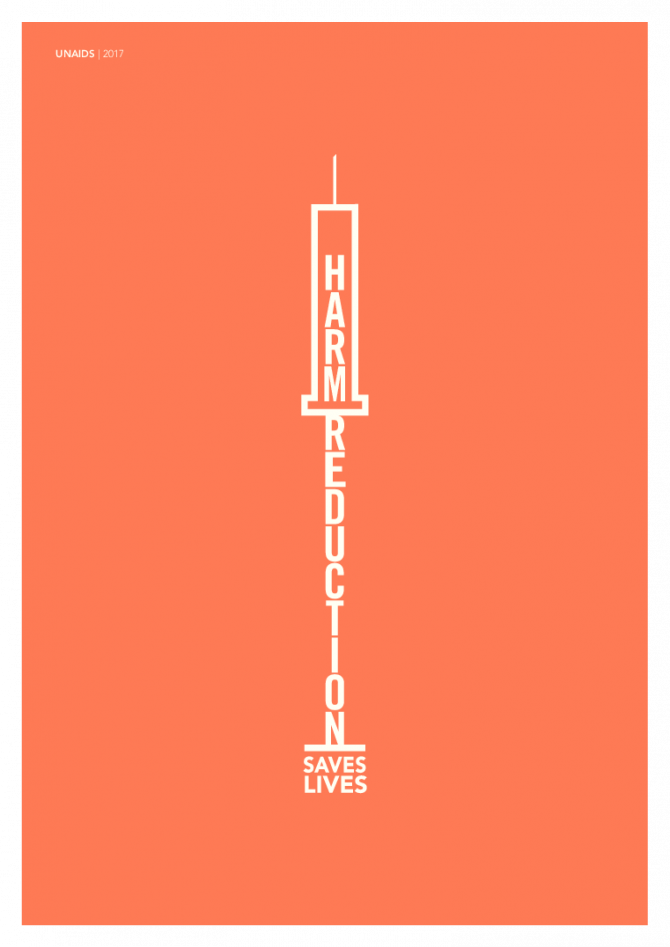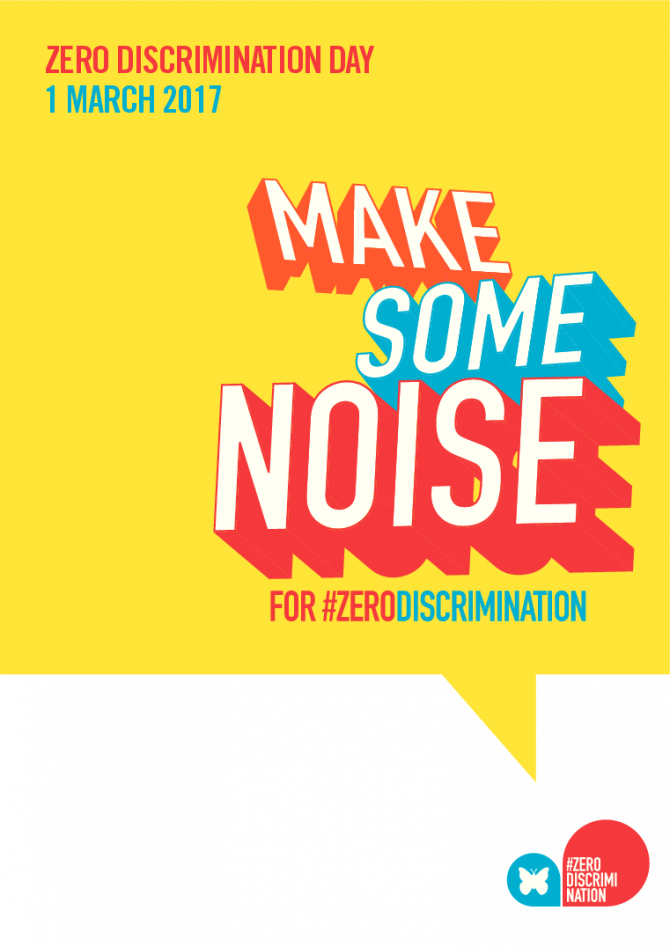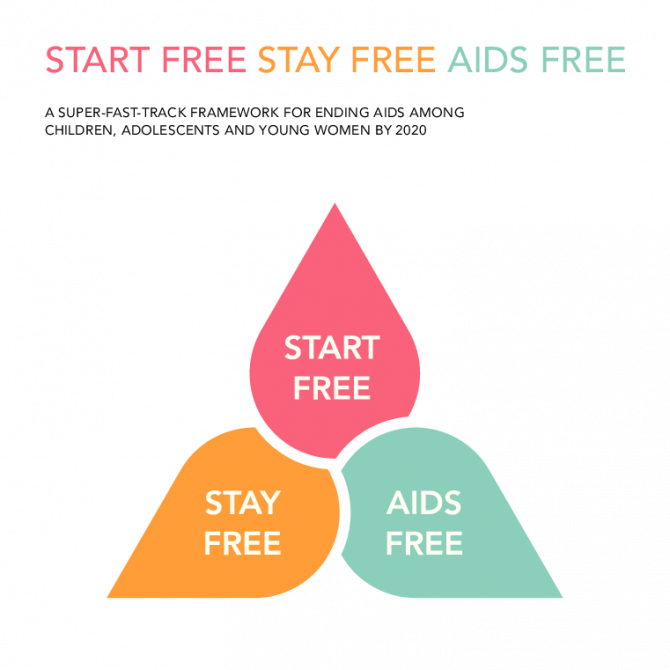Documents
My health, my right — World AIDS Day, 1 December 2017
03 November 2017
The right to health is the right of everyone to the enjoyment of the highest attainable standard of physical and mental health, as enshrined in the 1966 International Covenant on Economic, Social and Cultural Rights. This includes the right of everyone, including people living with and affected by HIV, to the prevention and treatment of ill health, to make decisions about one’s own health and to be treated with respect and dignity and without discrimination.
Documents
Joint United Nations statement on ending discrimination in health care settings
27 June 2017
Documents
Agenda for zero discrimination in health-care settings
15 February 2017
Under international human rights law, countries have a legal obligation to address discrimination in health care and the workplace. They are also obliged to refrain from withholding, censoring or misrepresenting health information—for example, stating that use of condoms does not prevent the spread of HIV and other sexually transmissible infections is not permitted.
Documents
The Sustainable Development Goals and the HIV response Stories of putting people at the centre
12 July 2017
The pages that follow tell the powerful and moving stories of people who are living with or affected by HIV and who have experienced positive improvements in their lives because of the synergies between the AIDS response and the related SDGs. Now more than ever I believe that we have the means, the science and the unity of commitment and spirit to deliver on the SDGs and to transform our world by 2030.
Documents
Make some noise for zero discrimination on 1 March 2017
15 February 2017
This year we are calling on everyone to make some noise for #zerodiscrimination. Individuals and communities can join voices and transform the world. Zero Discrimination Day is an opportunity to highlight how everyone can be part of the transformation and take a stand for a fair and just society.
Documents
The AIDS epidemic can be ended by 2030 with your help
07 October 2016
Between 2016 and 2020, we have a narrow window of opportunity to fill the AIDS resource gap and accelerate access to comprehensive HIV services. These services aim to prevent people from acquiring HIV, to reduce the number of people dying from AIDS-related causes and to eliminate stigma and discrimination through a human rights-based approach. With your support, UNAIDS and our partners will be able to Fast-Track the global response. Together we can end the AIDS epidemic by 2030.
Documents
Start Free, Stay Free, AIDS Free — A super-fast-track framework for ending AIDS among children, adolescents and young women by 2020
26 September 2016
Start Free, Stay Free, AIDS Free aims to galvanize global momentum around a shared and ambitious agenda to build on the progress achieved under the Global Plan towards the elimination of new HIV infections among children by 2015 and keeping their mothers alive. The Global Plan resulted in remarkable progress, reducing new HIV infections among children by 60% in 21 of the most affected countries in sub-Saharan Africa. Yet the job is far from done. In 2015, 150 000 [110 000–190 000] children became newly infected with HIV globally, 110 000 [78 000–150 000] of whom lived in the 21 Global Plan priority countries.

